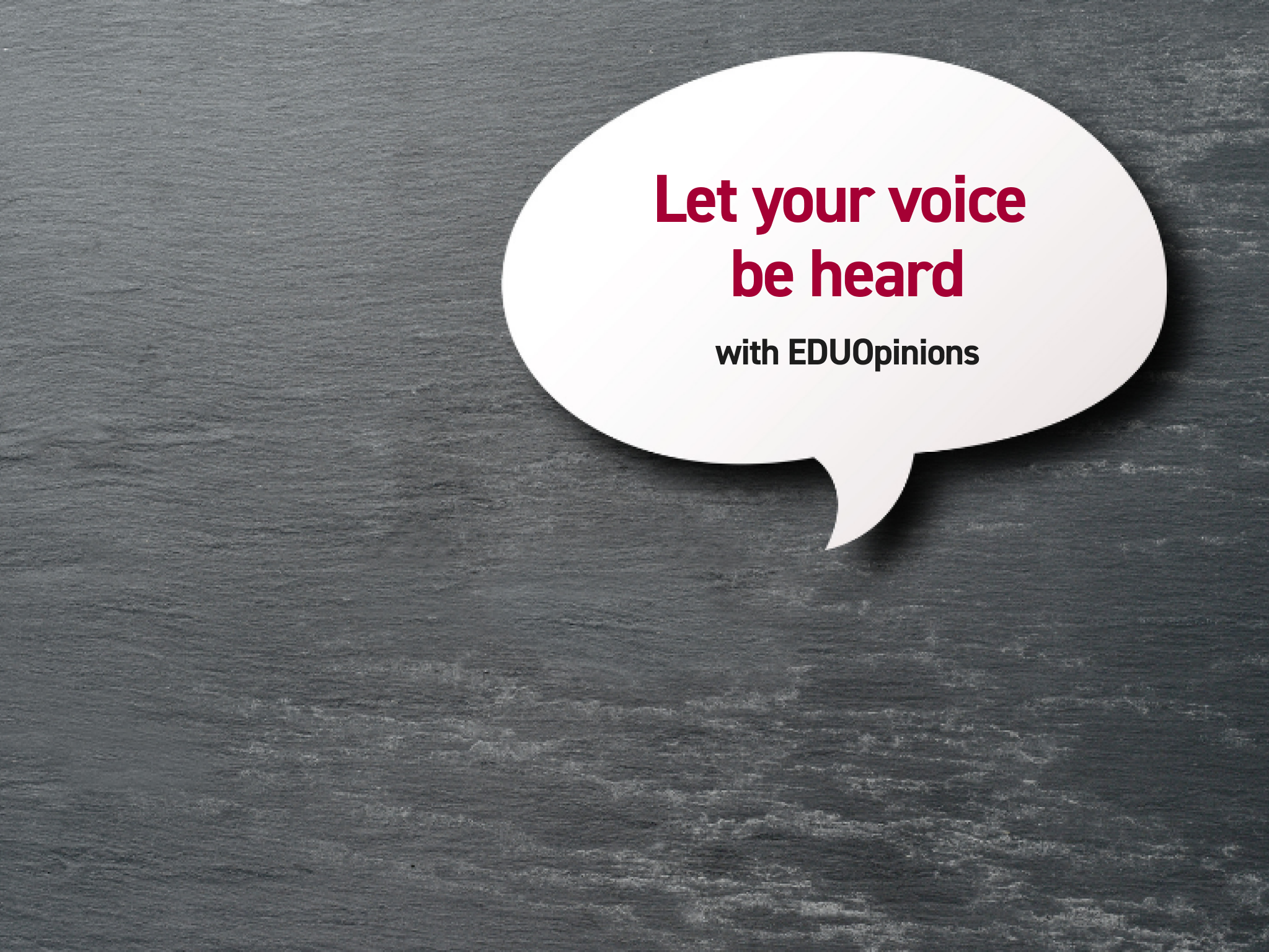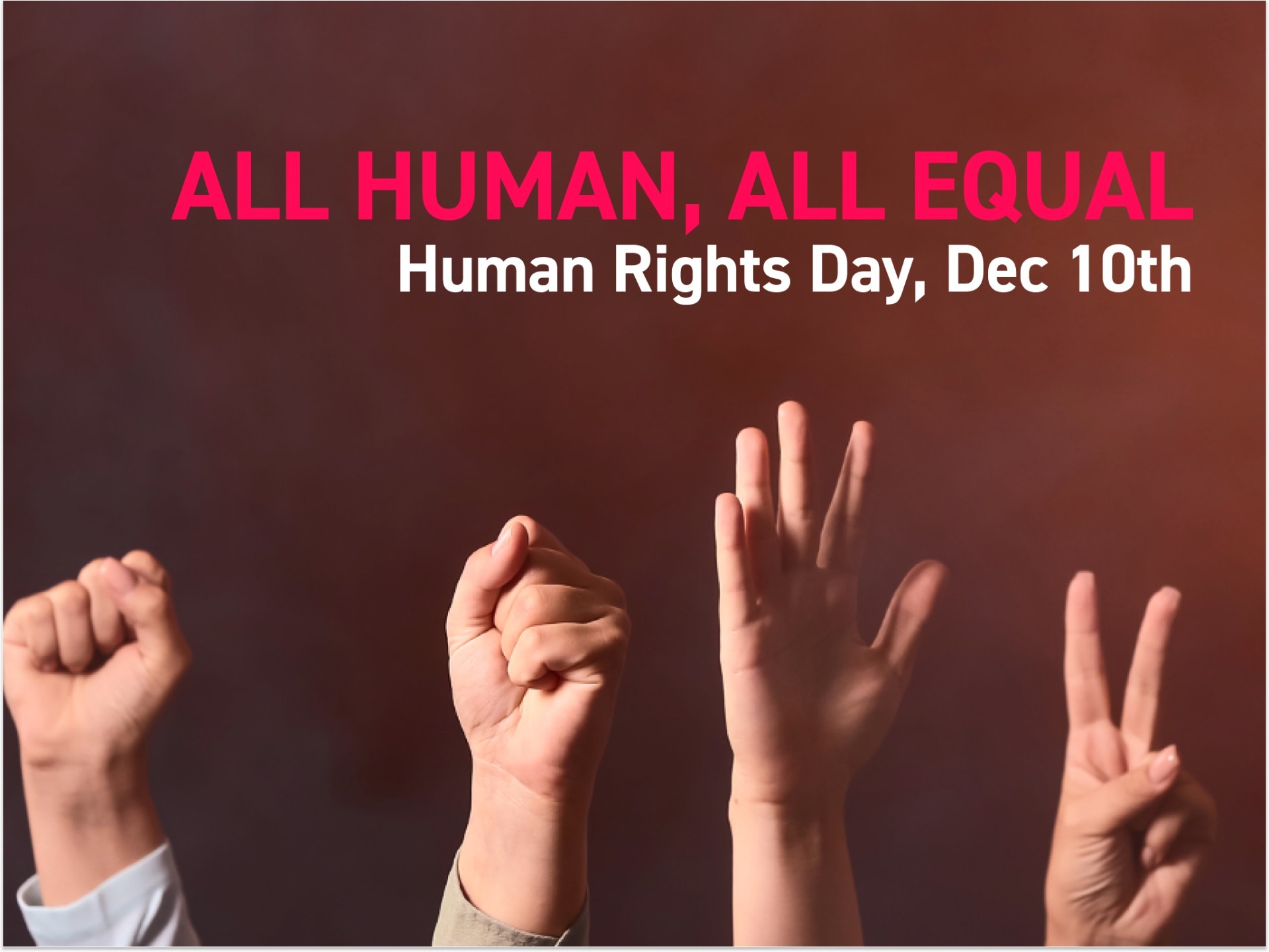Energy Efficiency
How can you be energy efficient?

October 2021
Introducing energy efficiency
Energy efficiency consists in eliminating energy waste, through an efficient usage of resources, leading to their lower consumption. This method allows the European population to decrease their expenses and address environmental sustainability problems, making them able to help protect the planet and fight against climate change. At the same time, adopting some strategies can culminate in an increase of life quality and a decrease of the reliance on external suppliers of gas and oil.
“As the saying goes, the Stone Age did not end because we ran out of stones; we transitioned to better solutions. The same opportunity lies before us with energy efficiency and clean energy.”
– Steven Chu (Former United States Secretary of Energy)
Energy Efficiency and The European Commission
The European Commission has explored this theme, focusing on topics such as buildings; cogeneration of heat and power; energy label and ecodesign; financing; heating and cooling.
In what concerns targets, the amended Energy Efficiency Directive (EU) 2018/2022 updated some specific provisions from the previous directive and introduced several new elements. It established a EU energy efficiency target for 2030 of at least 32.5%. This target consists of final energy consumption of 956 Mtoe* and/or primary energy consumption of 1,273 Mtoe in the EU-28 in 2030.
Also, each EU country needs to define a 10-year integrated national energy and climate plan for 2021-2030, describing how it intends to contribute to the 2030 targets for energy efficiency, renewable energy and greenhouse gas emissions.
What can you do to be energy efficient?
Being students capable and committed of generating a relevant impact, it is necessary to reach several areas, one of them being sustainability. Energy efficiency contributes to sustainability in a way that allows citizens to live a greener lifestyle.
There are several measures that can be taken to become energy efficient. Here are some examples:
- Change your light bulbs to LEDs;
- During warmer months, close blinds, shades and drapes on the sunny side of your home to help keep your home’s temperature cooler and reduce the work for you AC;
- Don’t leave your electronics on all day long. Only turn on your computer, monitor, printer and fax machine when you need them;
- Use natural light when possible;
- Refrigerators and freezers actually operate most efficiently when full, so keep your refrigerator and freezer as full as possible;
- Turn off the oven a few minutes before cooking time runs out. Your food will continue to cook without using the extra electricity;
If every Junior Enterprise and its entrepreneurs would be willing to make just one of these eco-friendly changes, that would translate in the possibility of fostering a positive effect on the planet and its communities.
It’s your time to act!
*Mtoe stands for million or mega tonnes of oil equivalent. The unit quantifies the amount of energy released when burning one mega tonne of crude oil.
Written by Mariana Nunes,
Public Affairs Manager at JEE
If you have more questions or just want to talk with us, please send us an email at publicaffairs@juniorenterprises.eu.





